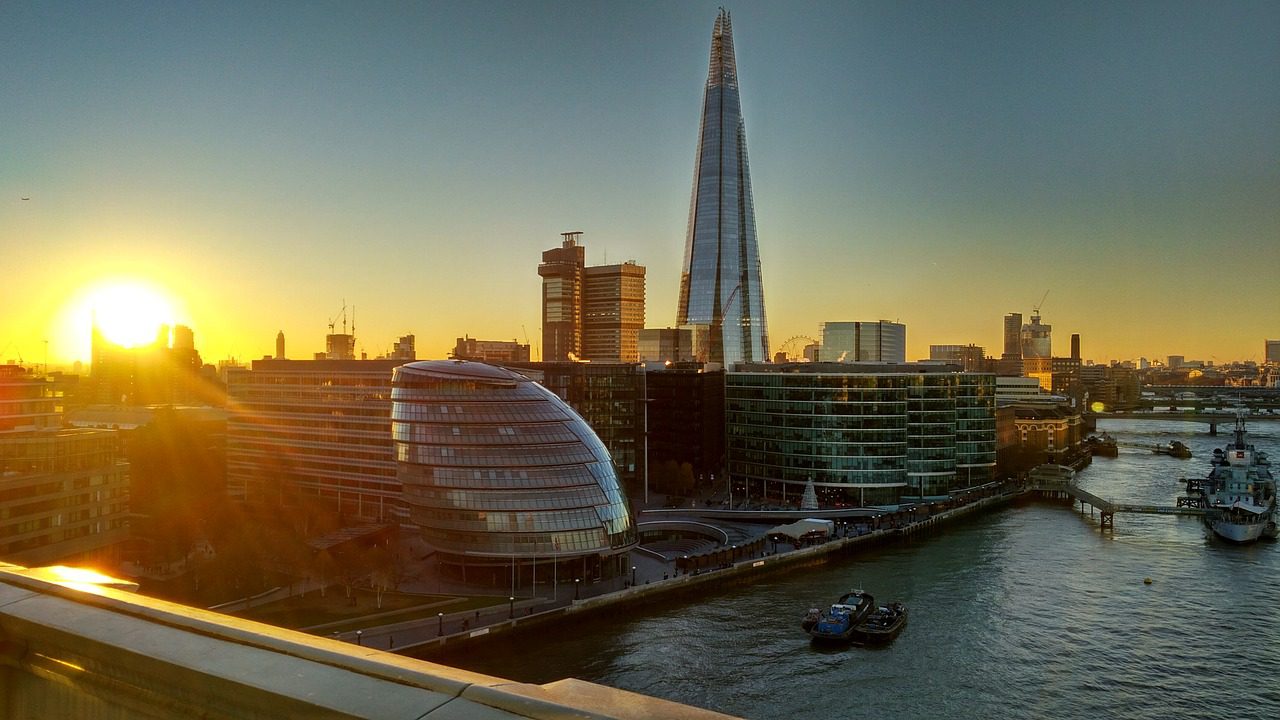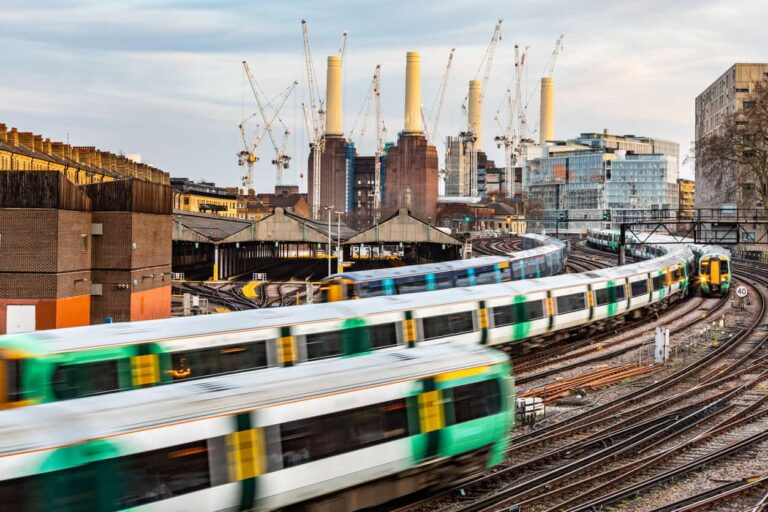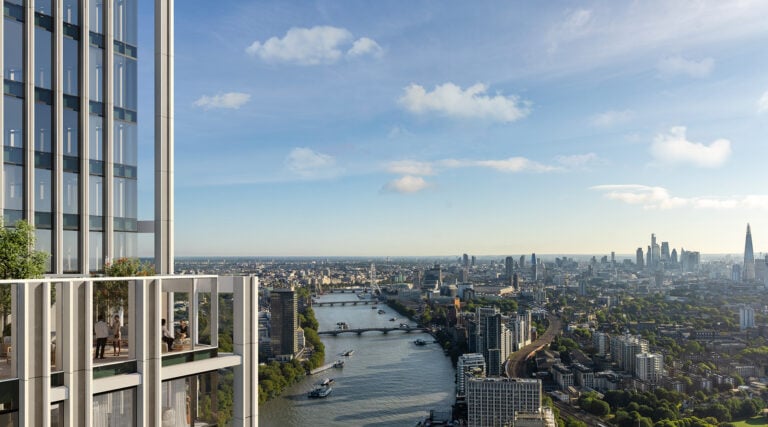The London property market faces uncertainty in 2021. The success of the sector will largely depend on the the UK’s economic recovery from COVID-19 and unemployment rates.
In recent years, economic and political uncertainty has hit the London property market the hardest. With the uncertainty surrounding the COVID-19 pandemic, it was a challenging year for the sector. And it’s difficult to know how the economy and job market will fare throughout the year.
During 2021, the London property market will likely see foreign investment remain strong, while some homebuyers and domestic investors may look elsewhere. By the end of the year, house prices are expected to drop in Greater London, while the rate of rental decline is expected to slow down.
Foreign investment to remain at strong levels
While London still faces some challenges, overseas investors are still seeing the long-term appeal of the capital. The Emerging Trends in Real Estate report from PricewaterhouseCoopers and the Urban Land Institute named the capital the second best place for property investment in Europe. The city jumped two places from the previous year’s estimations.
Foreign investment makes up a substantial part of the London property market. The capital has long been considered a safe haven for property investors across the globe. Many investors have been snapping up UK property before the additional 2% stamp duty surcharge comes into effect for overseas-based buyers in April. However, many industry professionals feel this surcharge is unlikely to deter foreign buyers in the future.
Nick Barnes, head of research at estate and lettings agency Chestertons, says: “We expect foreign buyers to return to the market in significant numbers as London retains its attraction in terms of a safe haven and the pound is likely to remain relatively weak against major currencies for a while to come.”
Will there continue to be a London exodus?
A rise in working from home and increasing demand for larger properties led to a significant number of Londoners moving out of the capital in 2020. Many have looked to areas with lower housing costs. Estate agency Hamptons predicts the London exodus trend will continue through the first half of 2021 as well. However, this will likely slow down in the second half of the year as house prices could flatline.
There has also been a rise in London property investors looking elsewhere to purchase property. In recent years, investors have been increasingly attracted to regions outside of the capital. With lower entry prices and higher rental yields, the north of England and Midlands will remain particularly appealing, especially as tenant location preferences have changed in the wake of COVID-19.
House prices and homebuyers in the capital
During 2020, house prices increased across the UK. In Greater London, prices grew by 3%, according to Chestertons. However, prices decreased in the prime areas of the London property market.
The agency forecasts prices to decrease by 2% in Greater London by the end of 2021, while UK house price growth is predicted to increase by 1.5%. Central London and other higher-value locations will likely fare better. The estate agency predicts Central London prices will stabilise in 2021 and other prime London locations will rise by 2%.
The stamp duty holiday, which is set to end on 31st March, will keep the market moving until the spring. If the tax holiday isn’t extended by the government, transaction levels will slow down. However, there will still likely be a significant number of homebuyers in the market with the financial strength and confidence to move, especially in the prime areas of London.
What’s in store for the rental market in London?
In 2020, rent in the capital decreased significantly as some tenants faced financial difficulties. Tenants struggled with job uncertainty and some faced furlough and redundancy. Because of this, supply in the private rented sector increased substantially in London.
Some landlords in London had to accept lower rent payments in order to avoid void periods. According to Chestertons, rent in Greater London decreased by 4%. However, prime central London and other prime areas of the capital saw rents fall by 20% and 15% respectively.
In 2021, tenant demand may increase in the capital, especially once COVID-19 restrictions are lifted. The number of properties to rent will likely fall. Supply could struggle to keep up with demand, which will lead to the rate of rental decline slowing. If the economy recovers as expected, annual rent will likely resume growth in 2022.
London feels the effects of uncertainty
After a year of highs and lows, the mainstream market in the capital will likely struggle in 2021. The prime locations could fare better. However, London’s property market as a whole is the most susceptible to fluctuations affected by the UK’s economic and political situation.
As the UK continues to navigate the COVID-19 pandemic, house price growth in London will likely lag behind the rest of the nation. Additionally, if remote working continues to be the norm even post-Covid, many tenants, investors and homebuyers may look to other areas where they can get more for their money.










